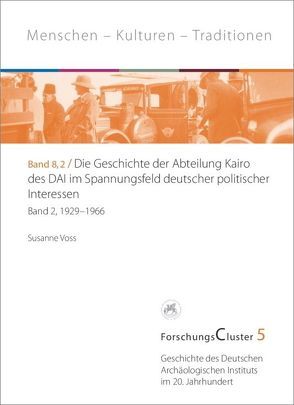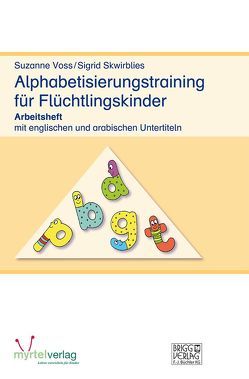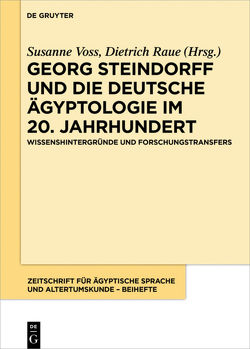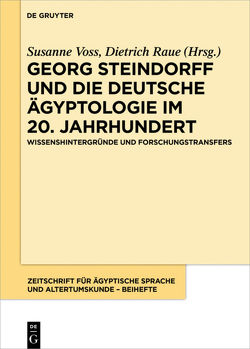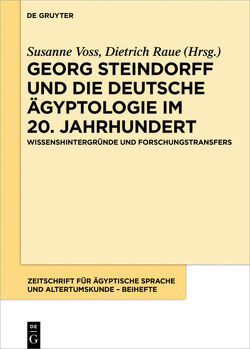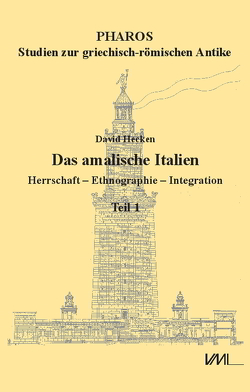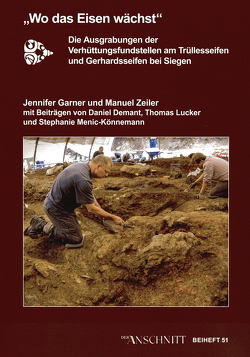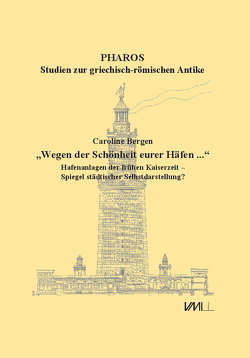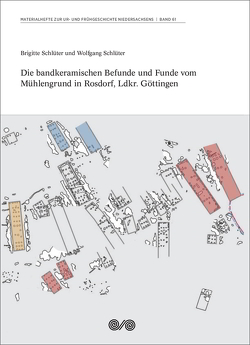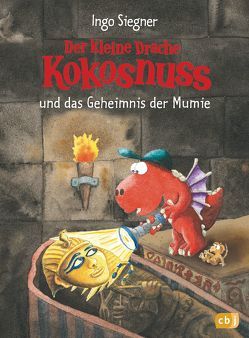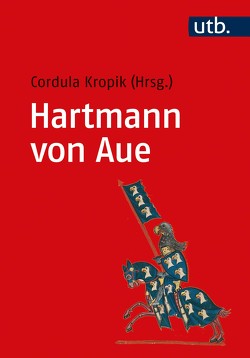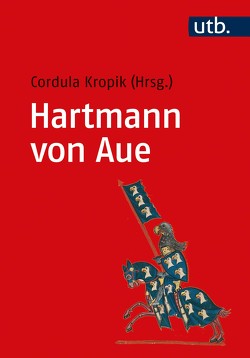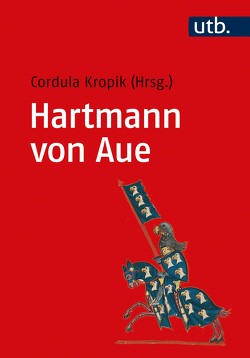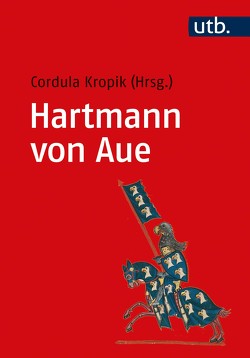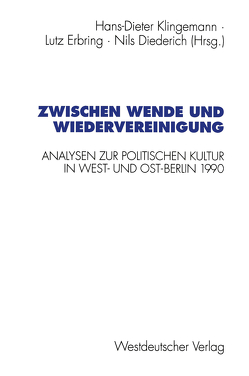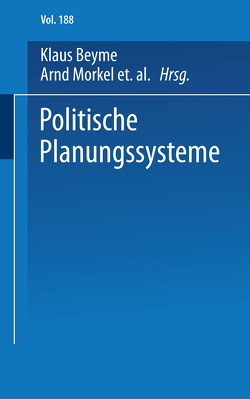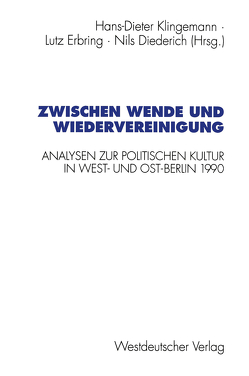ForschungsCluster 5 / Die Geschichte der Abteilung Kairo des DAI im Spannungsfeld deutscher politischer Interessen
Geschichte des Deutschen Archäologischen Instituts im 20. Jahrhundert / Band 2, 1929 – 1966
Susanne Voss
The more recent history of the Cairo Department smoothly fits within the overall history of the institute during three political systems. At the same time, the internal dynamics of this foreign department become visible, which resulted from the conditions in the research subject, staff constellations and networks, and the basic parameters in the host country. In 1929, the Deutsches Institut für ägyptische Altertumskunde in Kairo under Ludwig Borchardt was replaced by the new Abteilung Kairo of the DAI under the Catholic priest and egyptologist Hermann Junker who was well connected and specialised in prehistory. With the new approaches of origin, “character”, and “race” of the ancient Egyptians, researchers followed the time trend of an “exploration of origins”. Hitler’s seizure of power in 1933 resulted in a politicisation of the department already under a German-nationalist influence before. With the beginning of World War II, German property in Egypt was confiscated, amongst this the institute at Cairo and the German House at Thebes. In 1955/56 the department was re-opened under Hanns Stock, but experienced the vicissitudes of Near Eastern history until the Six-Day War in 1967.
